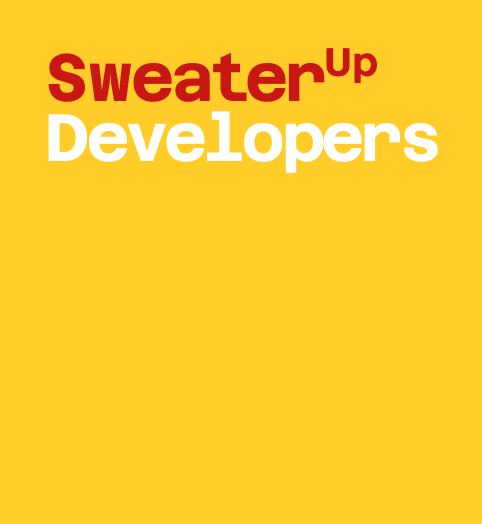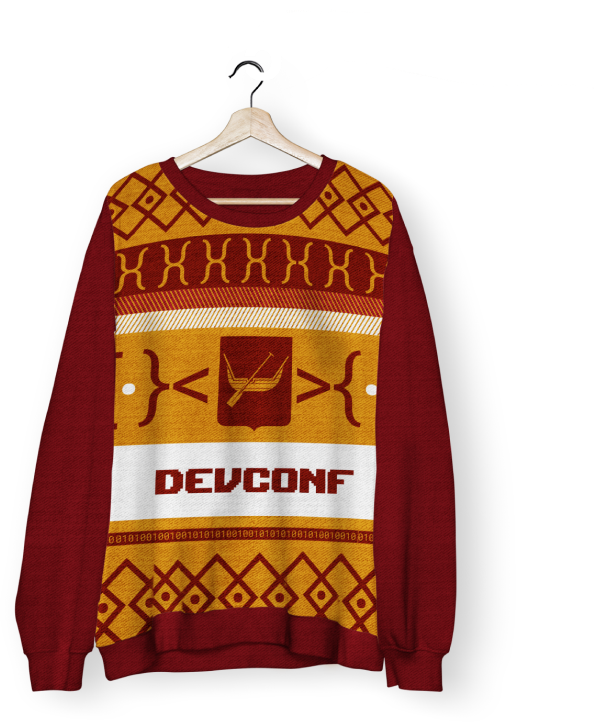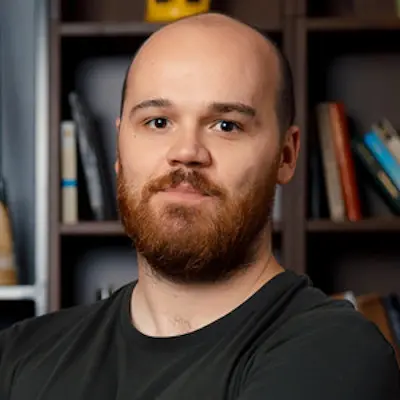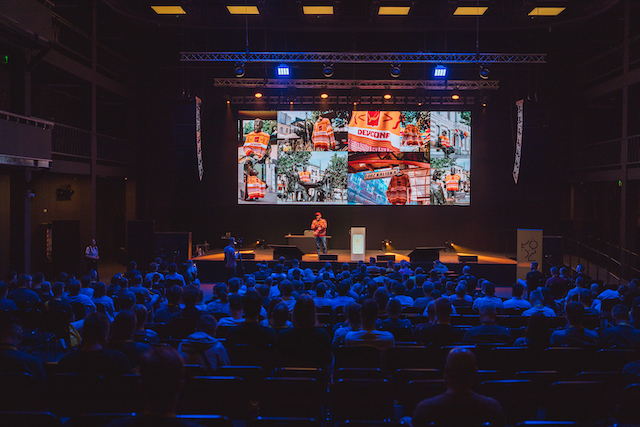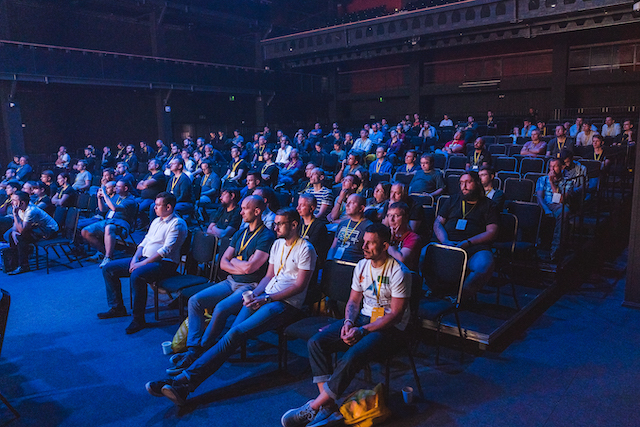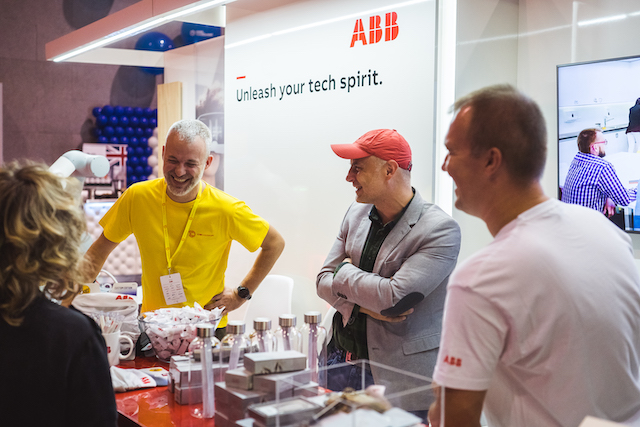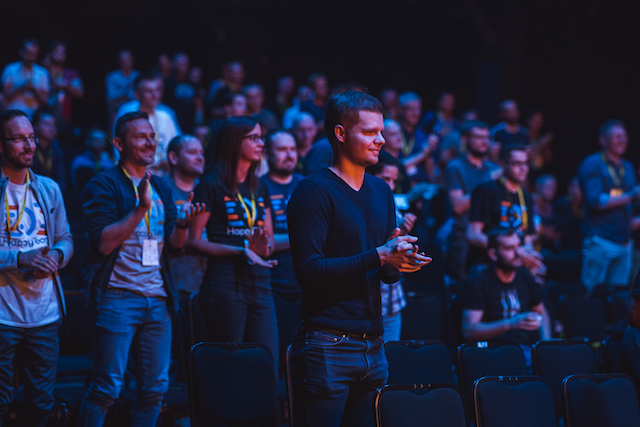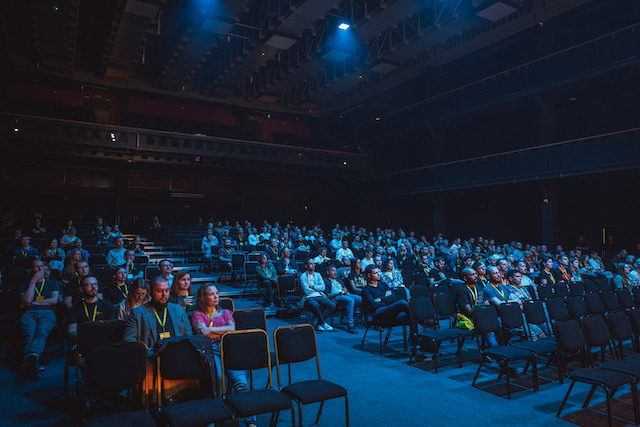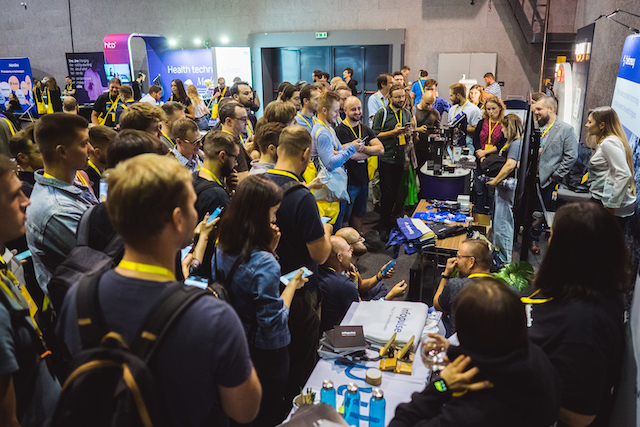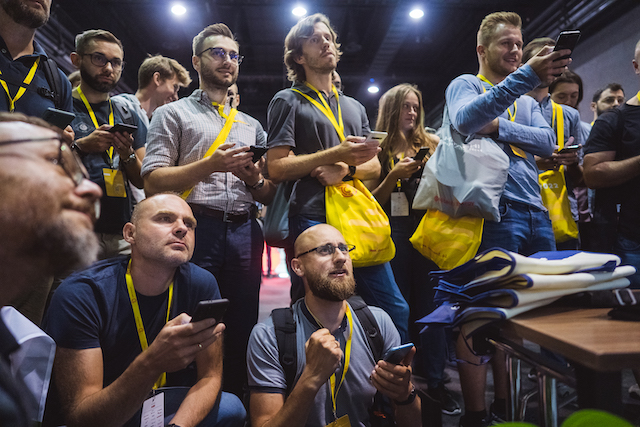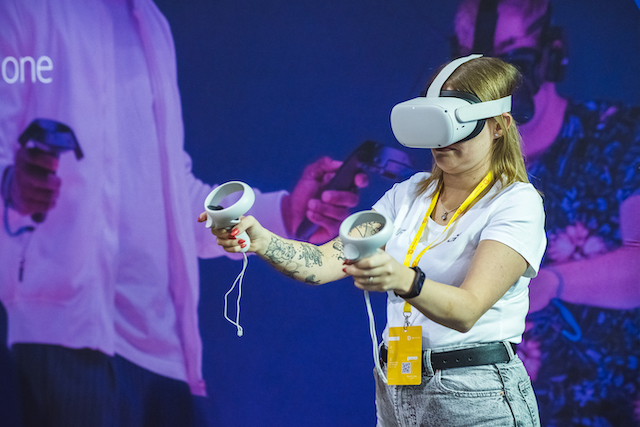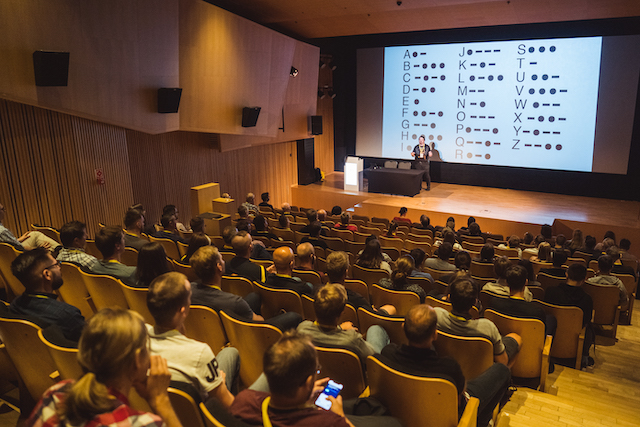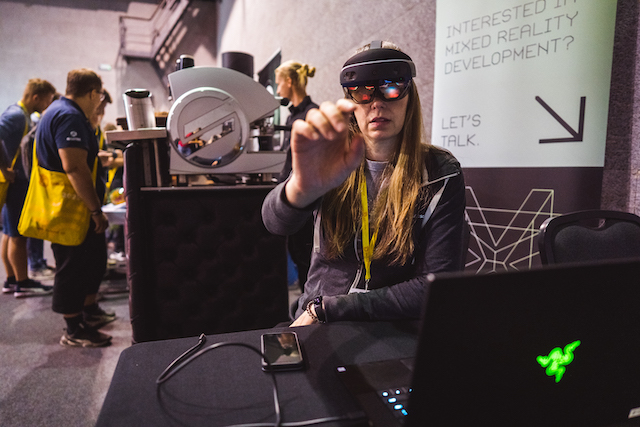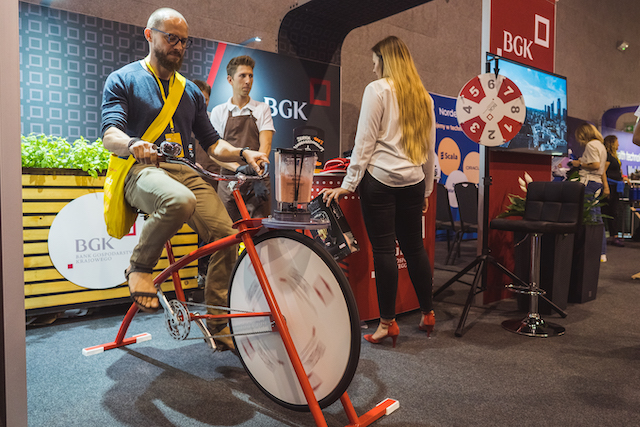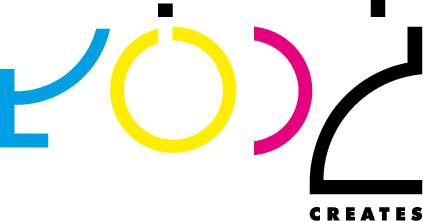Every engineering team I’ve worked with believed the same myth: if we just clean up the backlog, structure the sprints, and polish the requirements — the product will somehow build itself.
Then I joined a team that had everything going for it: senior engineers, solid processes, a roadmap, leadership support. And still — for eight months, they delivered nothing meaningful for a real user.
The product was ambitious: Bitcoin-collateralized loans. The market was unstable, the regulations unclear, and the team was paralyzed. Everyone assumed someone else had already figured it out. That we weren’t allowed to ask. That we had to wait. That it was safer to stay silent.
Until one question changed everything:
“What are we truly not allowed to do — and what have we just never dared to test or ask?”
That question unlocked momentum. We realized we didn’t need the whole system to talk to regulators. We didn’t need a finished product to start learning. We didn’t need permission to start thinking. Within three weeks, we delivered an MVP that had been stuck for nearly a year.
This talk is not about frameworks or best practices. It’s the story of how a team stopped coding on autopilot and started thinking. You’ll learn how assumptions quietly kill productivity, how to build teams that understand the why behind their work, how to coach engineers to ask the questions that matter, and how to break decision paralysis in a world full of fear, noise, and conflicting signals.
I combine psychology, engineering, and hands-on leadership to help teams deliver products that matter — faster, smarter, and with courage. If you lead people and feel like something’s blocking them, this talk will help you unlock not just the code, but the mindset.
